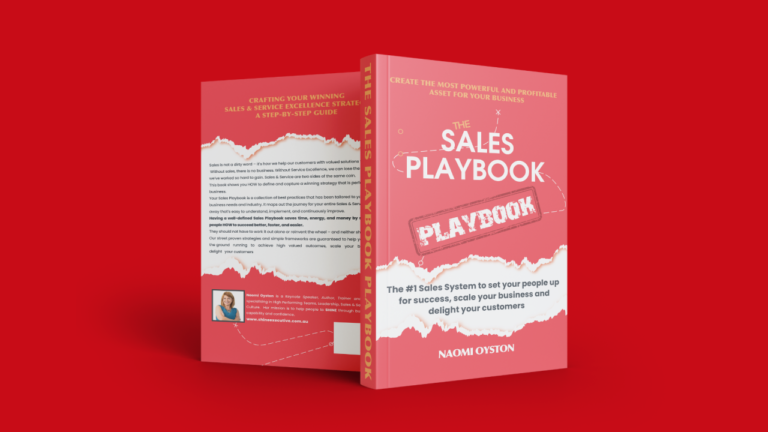In today’s digital era maintaining brain health and happinessis more important than ever, due to the significant impact of technology on our mental, emotional and physical well-being.
There are new terms such as “Infobesity“, “Digital Dementia” and “Infoxication” being created which refer to the decline in cognitive ability from the extraordinary increase in the load of data that we now need to deal with.
When we reach this decline due to the increased stress response (neurotransmitters like adrenalin and cortisol are produced) in our nervous system we need higher levels of happiness (neurotransmitters like serotonin and dopamine are produced) to balance our brains and continue to function at our optimum levels.
It’s estimated that we are now processing 74GB of data every day which is more than our ancestors would process in a lifetime (source: Dr Kristy Goodwin). Our human operating system functions from a brain that’s hundreds of years old, yet our Hippocampus (region in our brain essential for memory, learning and emotion) remains unchanged from our ancestors. It has not grown any larger throughout evolution, despite the changes in our cognitive requirements.
When our hippocampus is overloaded and deteriorates, we can expect a number of negative effects on our mental, physical and emotional health.
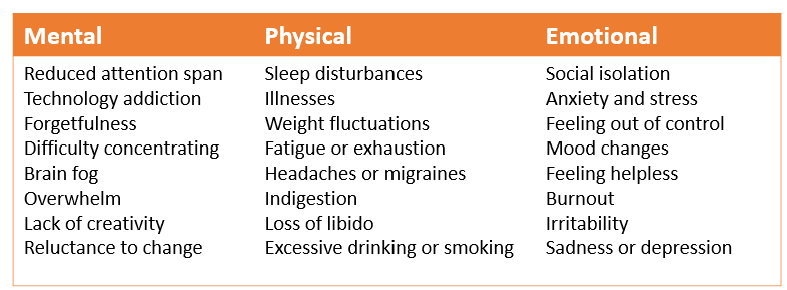
Quite simply, in the context of information evolution things are moving FAST… VERY FAST and our brains must function at optimal capacity to keep up with the volume of information we now need to deal with.
If we just start to consider our choices with TV shows – there is a deluge of options available for Streaming instantly. We literally have access to thousands of shows at any point in time; where many of us grew up with a very simple choice between the scheduled broadcasts of 2 or 3 local channels. Choosing a show to watch now can seem incredibly overwhelming when in the past, it was easy “take it or leave it”.
Social media allows us to connect with and be influenced by thousands of people at any given point in time, where we once were limited to the relatively small number of people within our social circles or community.
AI is doubling in its speed every 2 years and it now takes just seconds to produce something that may have previously taken hours or days.
We have now reached the point where AI systems are performing better than humans in many areas.
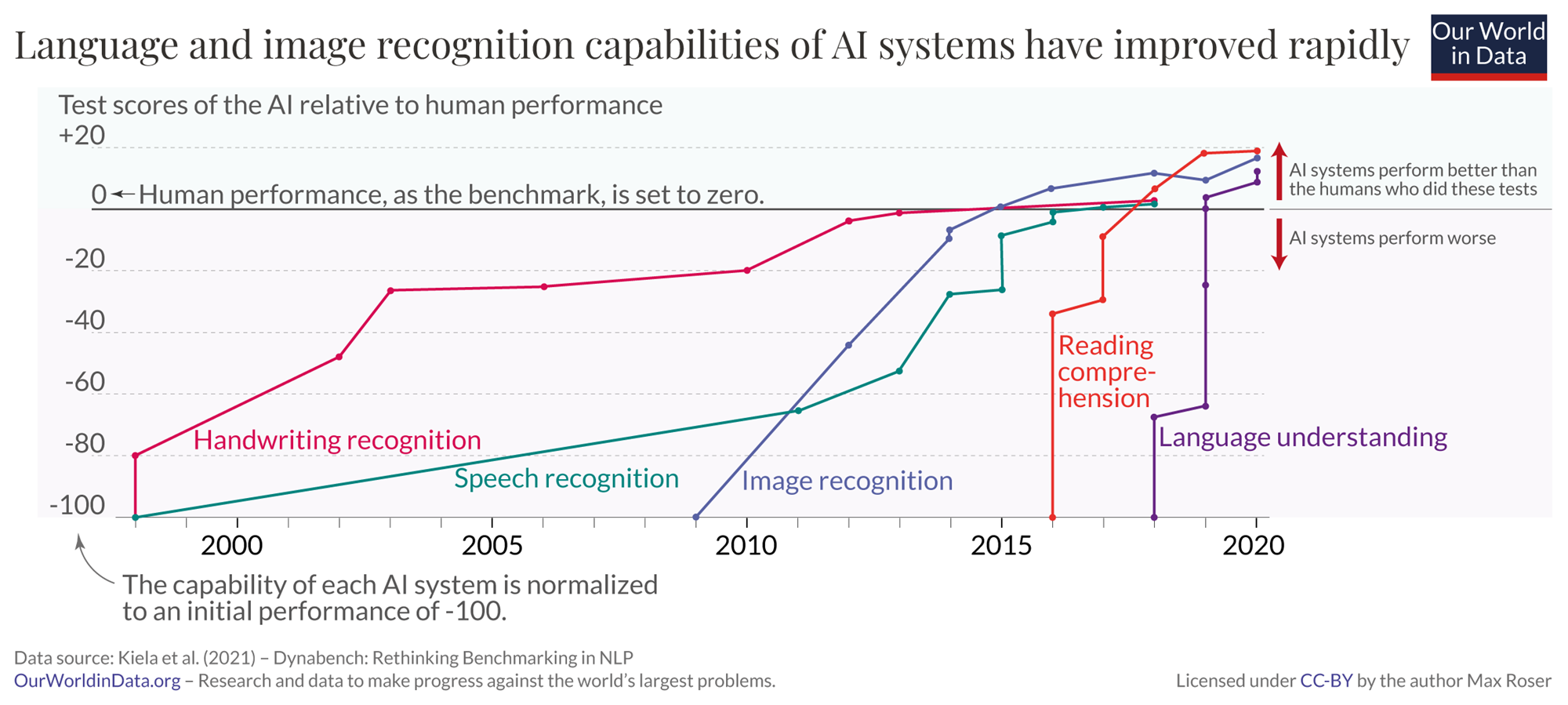
When Chat GPT was launched in 2022, it took just 5 days to gain 1,000,000 users where in 1999 it took Netflix 3.5 years to reach the same milestone.
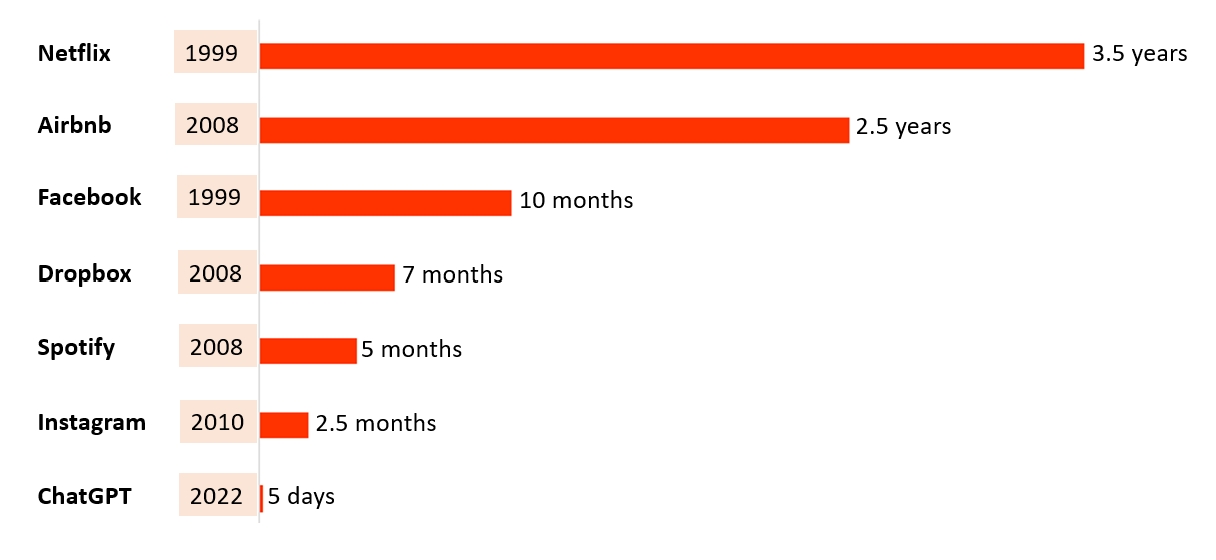
It is clear that the speed, volume and capability of AI is going to continue to expand rapidly – we need to consider how this could impact us personally and take personal responsibility to proactively manage our well being.
So – how can we look after our brain health and happiness in order to thrive in the information age?
Simply put, doing what we have always done in the past will not be enough in the future, which could leave us left behind or significantly unwell.
There are 4 primary areas that we can focus on to build resilience, strength and well-being that contribute to our brain health.
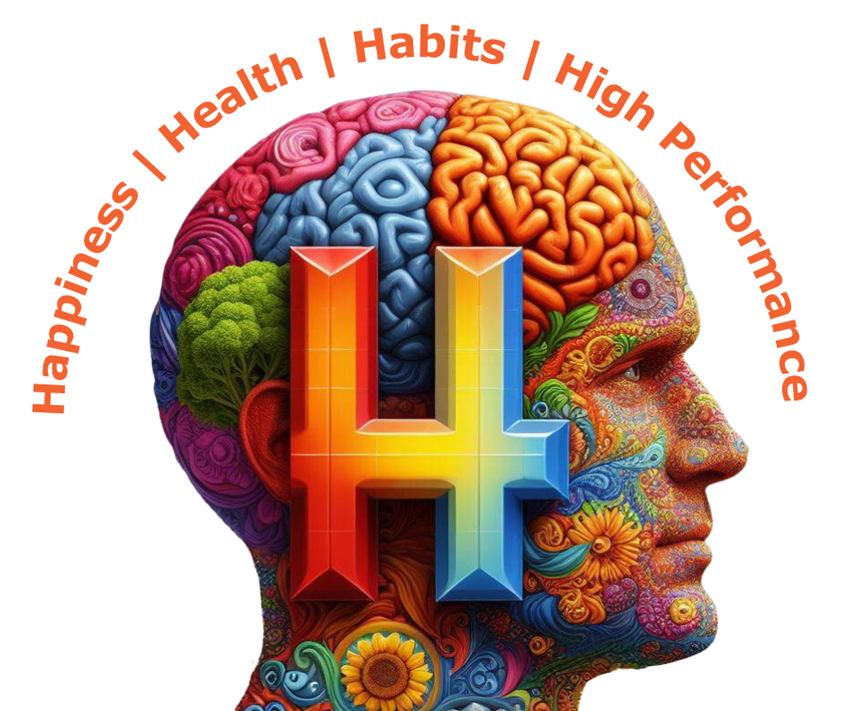
Each one of these areas requires a deliberate strategy and supports the other functions to build a healthy, happy well forming brain.
Happiness: Supports emotional stability, resilience, willingness to explore possibilities and creativity
Health: Supports physical stamina, restoration or recovery, energy levels, production of positive neurotransmitters and wellness
Habits: Supports achieving more with less focus or energy through consistently ensuring we do the things that matter most
High performance:Supports working smarter not harder by adopting strategies, processes or systems that are street proven to get results
There are some simple and powerful approaches to mastering each of these four areas.
The good news is that when we see the links between how each one supports the other and can create the foundation for all to work together in harmony, we achieve exponential synergy and growth.
This is H4 or Brain Health to the fourth power.
The better it gets…the better it gets!
And you deserve it….
At Shine Executive, we love supporting business leaders to create a high-performance culture by bringing out the best in their people.
Our team workshop “H4 – Happiness, Health & Habits for High Performance” is now available where participants can experience a deep dive into the neuroscience of brain health and how to positively create resilience and well being within the information age.
We are here to help with speaking, consulting, training, conferences, coaching or offsite events and specialise in the following areas:
High Performing Teams | Leadership | Sales Training | EQ & Neuroscience | Financial Services Sales & Service | DISC Personality Profiles | Five Behaviours of Cohesive Teams | Positive Psychology | GROWTH Coaching
Our bespoke people and performance solutions are created to meet your unique business needs, time available and working environment – so if you have something that’s important to you why not Book your free 30 minute call now to discuss. We’d love to hear from you.
Or contact us at [email protected] or 0423 93690.




